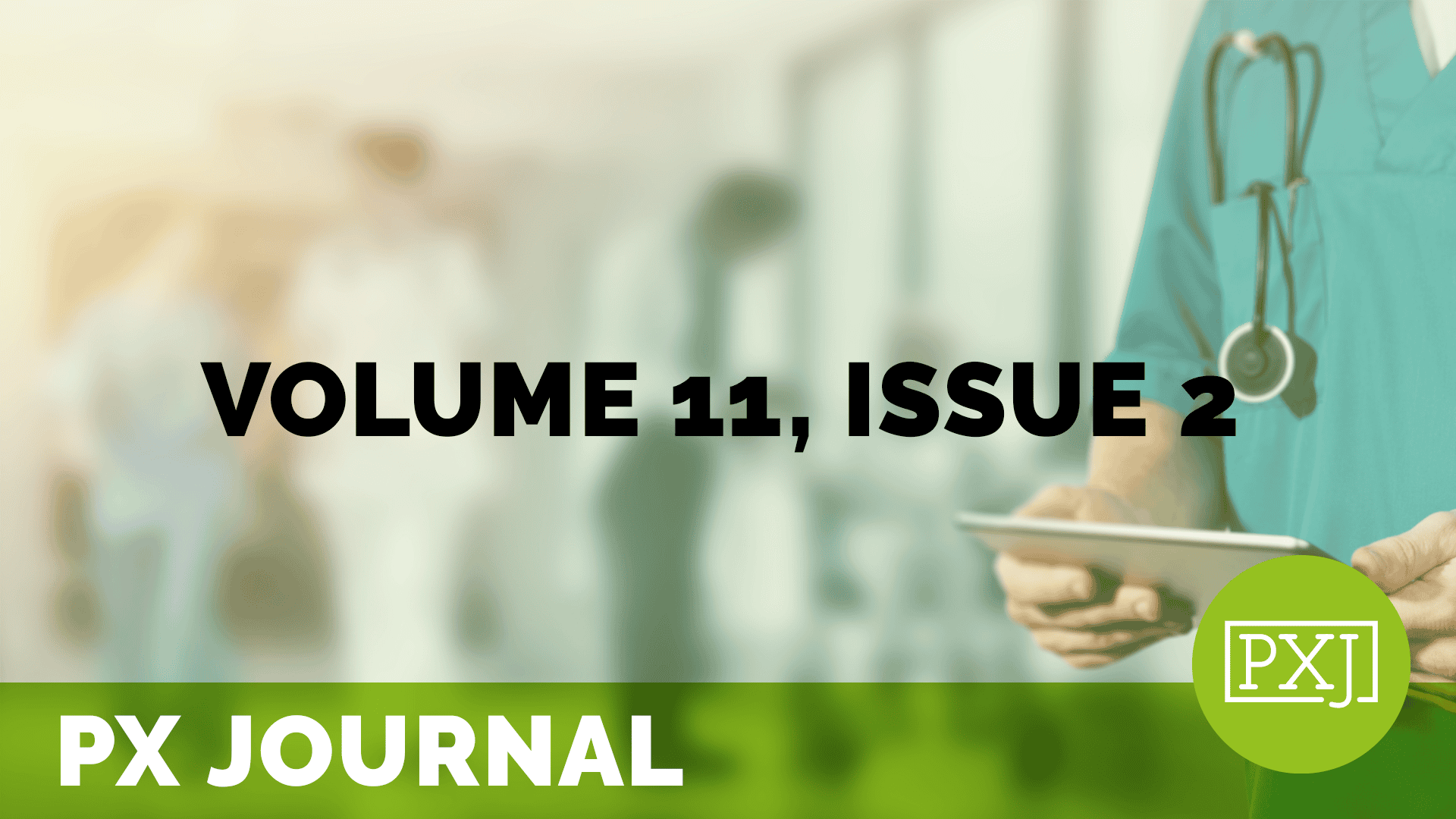Is Timing Everything?: The Role of Time on the Relationship between Patient-Centered Communication and Provider Empathy

Several studies have indicated that providers that successfully implement patient-centered communication (PCC) practices related to health literacy and exemplify higher levels of empathy improve patient health outcomes. Time is frequently noted as a barrier when implementing PCC practices.
Related content
-
 Patient Family & Community Engagement
Patient Family & Community EngagementDriving Healthy Behaviors through Social Support: The Role of Co-Responsibility in Weight Loss and Maintenance
The effectiveness of out of hospital lifestyle interventions in healthcare is likely co-dependent on social support from involved one’s. We sought to investigate the interrelationships between patient-partner Co-responsibility, Spousal Support, and Self-efficacy and the mechanisms through which they contribute to health behaviors and outcomes relevant to weight loss and maintenance.
Learn more -
 Patient Family & Community Engagement
Patient Family & Community EngagementCancer Partnerships Hub (CPH) Model: Implementing an Organizational Innovation to Enhance Engagement of Patient-Partner in Cancer Care Services
Patient partnership is rapidly becoming a cornerstone of effective care, with healthcare professionals recognizing the immense value of collaboration. This case study delves into the innovative Cancer Partnership Hub (CPH) model implemented at the Integrated University Health and Social Services Center of East Montreal Island (CIUSSS-EMTL) in Quebec, Canada. The CPH model exemplifies the integration
Learn more -
 Patient Family & Community Engagement
Patient Family & Community EngagementPX Chat on PFA/PFACS: Sustaining/Growing
12pm ET / 11am CT / 10am MT / 9am PT – Join The Beryl Institute community for an opportunity to connect with your peers on the support and resources needed to address efforts around sustaining and growing PFAs and PFACs in their organizations. Breakout discussion groups allow you to share your challenges, celebrate your
Learn more
